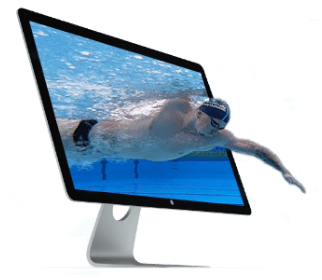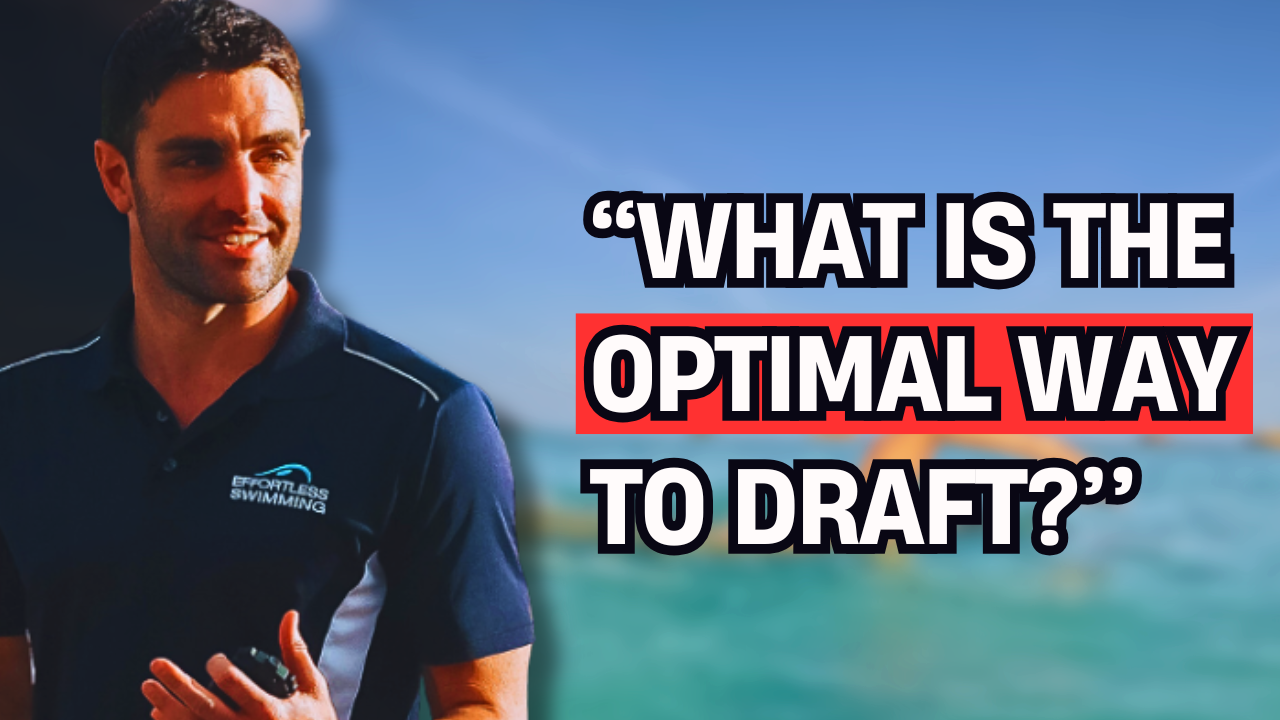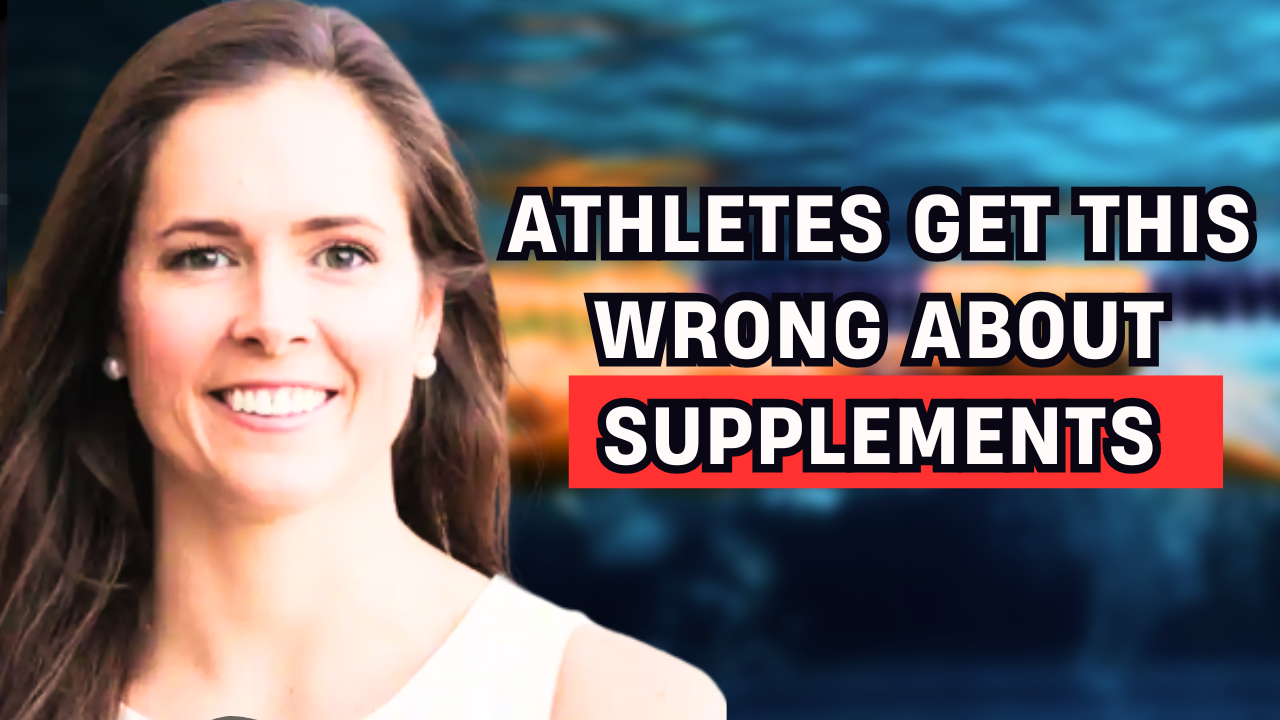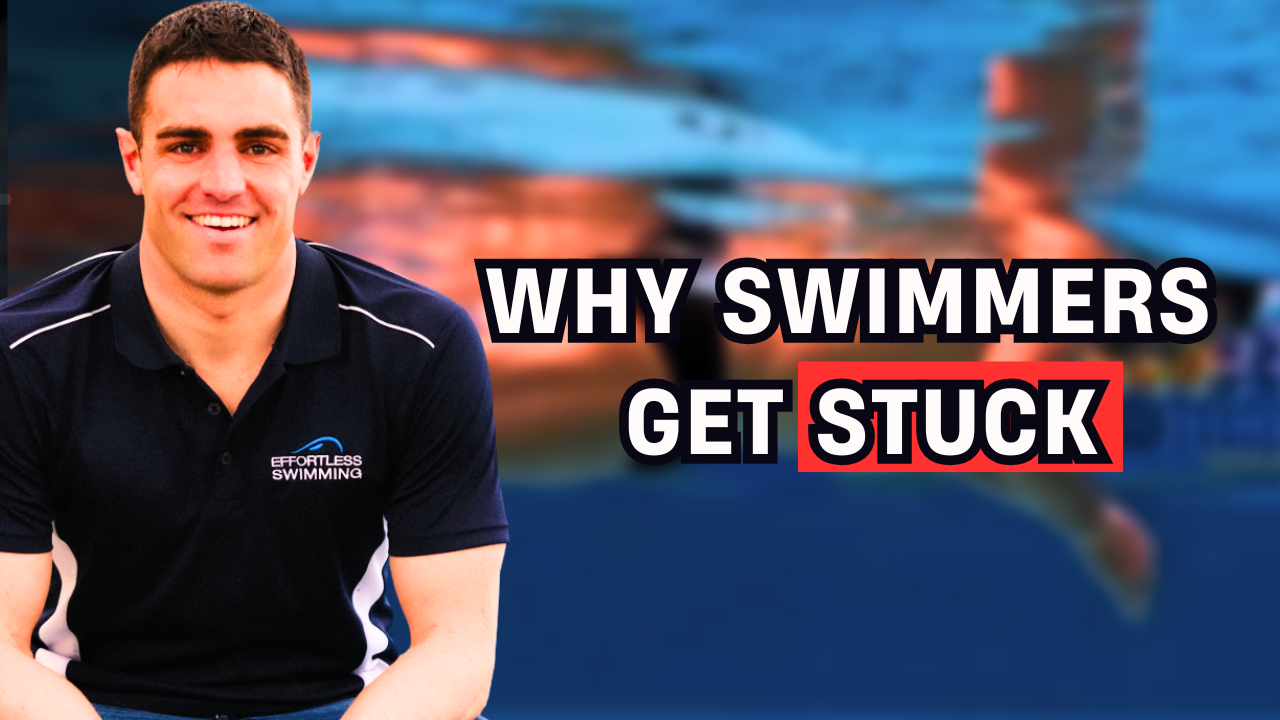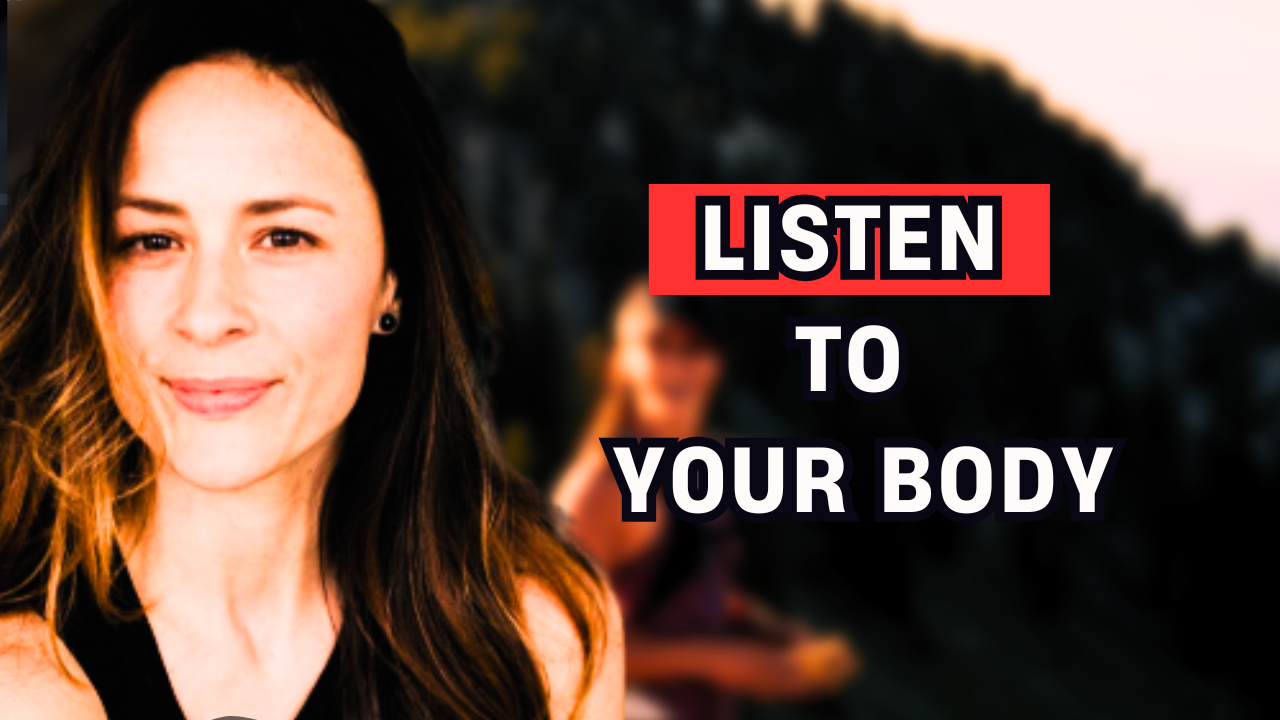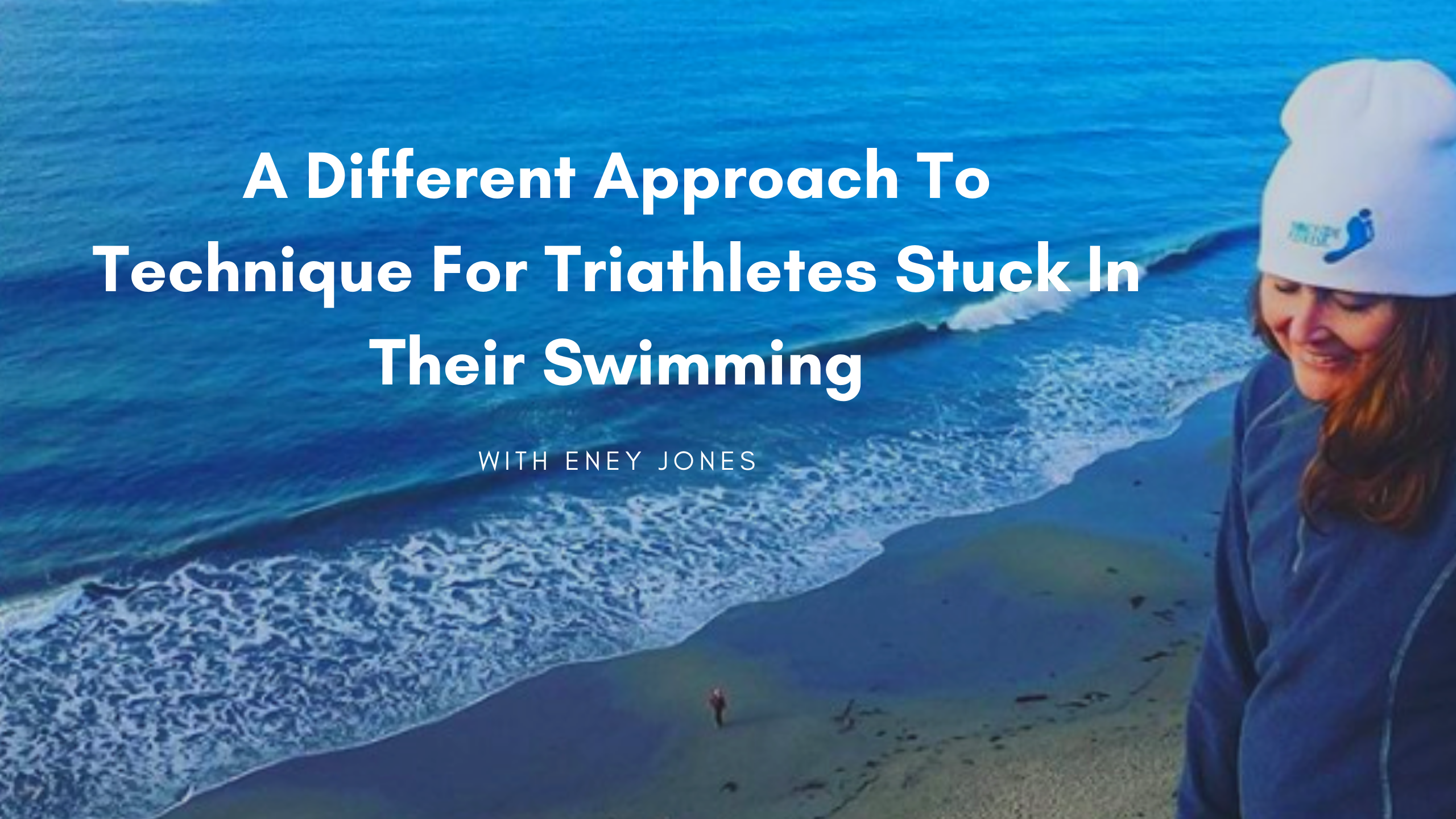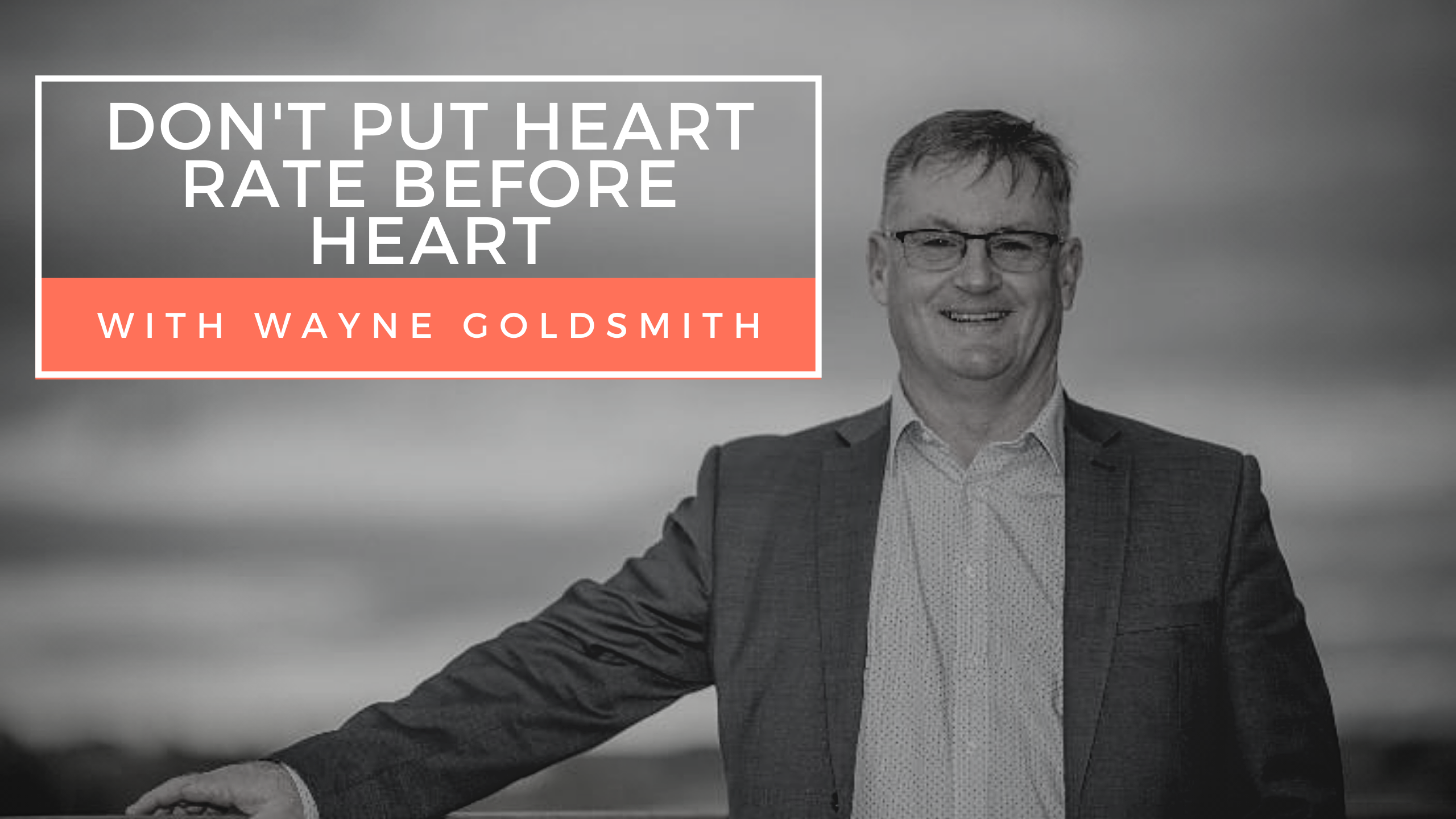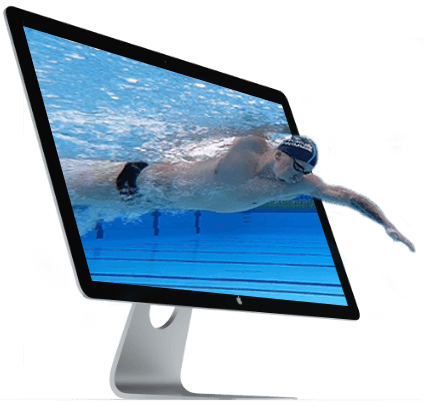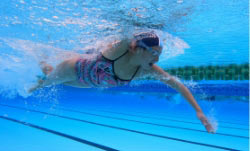My guest on today’s podcast is Stephen Jackson who first attended a clinic in 2017. At the time he was a 2:20/100m swimmer, and over the course of the last few years
he’s been able to move into the 1:40/100m range. In this episode, you’ll learn what to expect as you progress in your swimming journey and how you can find continual improvement in your technique and speed.
1:09 Athletic Background
1:54 I Swim Like A Rock
3:14 Before And After The Clinic
3:54 What Got Me In
5:00 Making It Simple
7:25 Don’t Limit Yourself
8:19 Implementing The Changes Of The Stroke In A Race
10:00 “It’s Motivating If You Know What Can Make You Faster”
11:00 The Difference In Training
12:37 It Starts With The Posture
14:10 Target Pace
Effortless Swimming Camps
Noosa
Hawaii Swim Camp
2020 Hell Week Camp (Thailand)
Online Membership
Freestyle Clinics Around Australia
Brenton Ford: Welcome to the Effortless Swimming podcast. My guest today is Steven Jackson and Steven is a swimmer who I met in Bathurst in the start of 2017 and Steve, you came along to a swim clinic there. And then over the last two, two and a half years, we’ve worked together to refine your technique and hopefully make you a faster swimmer and in which you’ve been able to do so and really just sort of pick up your swim. So today I want to talk about what you’ve changed in the last two and a half years to go from around that 2-10 mark down to the 1-40s and for you what’s really made the difference and share that because I think it could certainly help other people. So Steve, first of all, welcome to the podcast.
Stephen Jackson: Thank you Brenton, I really appreciate being here.
Brenton Ford: So what was your background as an athlete? You didn’t start out as a swimmer?
Stephen Jackson: No, I’ve gotten many, many years and the height to admit how many years of running that was my world and totally my background. Which doesn’t lend itself to switching to swimming because there’s no body fat and no buoyancy. But with a decent amount on runner, had a reasonable times there. And then about three or four, four years ago now, knee problems, not running related, I got crushed, tackled, playing touch football. The surgeon said not, can’t do anything take my C and buy push bikes. I bought a pushbike started cycling three, four years ago. And the natural progression was to go swimming and that’s where we met.
Brenton Ford: And so now you’re doing triathlon and we’re talking before you’re targeting the world spot, hopefully for, for next during the 70.3 and so that running background’s obviously got a, make a huge difference for you and doing that little bit of cycling, is going to help as well. And so what made you make the decision to come along to, a clinic two and half years ago?
Stephen Jackson: It was the 3rd of June, 2017 and I actually went back and had a look at my Strava and it was very generous of you to say two tens I’m assuming two twenties at that stage if anything, cause I just decided to start doing some club tries and I was a on a park run that morning. I’m a regular park runner to keep the running going. And somebody mentioned that there was a clinic on over at the pool, which is a hundred meters away.
Stephen Jackson: So, I thought oh well might as well can’t lose anything and just sort of tagged along to see what happened with the view that I swim like a rock, you know, kind of useless in that space that otherwise viewed my triathlon. And sit on the last end of the water they have her on the bike and best on the runs they spend the whole time passing people, which is great. So it was very much luck of the draw. You were doing clinics in the country. I happened to be in a town where you were and I thought I had nothing to lose to see if I could do something to improve my rock likes swimming.
Brenton Ford: Yeah. And I had actually had a look back at some of that footage from, from back then and I’m actually, I’m going to do a video for YouTube and just kind of do a before and after just to show some of those differences. And it’s a great thing to see because that original video as you said, like the legs were quite low, quite probably short with your stroke and not, in terms of rhythm and flow with the stroke, it’s no way near what it is now. And now the stroke flows really nicely. The legs and the hips are really coming up a lot more. And I mean that’s quite evident with, with where you’re at now with your time. So what, thinking back over the last two and a half years, what are some of those things that have helped make the difference for you in that time?
Stephen Jackson: It might be a little unusual, but I think a key difference is you introduced me to the technique, the concept of technique and that there was so much science behind swimming and that really got me in. Because a little bit of swimming I’ve been doing was are you going to do a tie lapse and get out of the form of where you go, but learning that it’s at the other end of the spectrum running, you run more, you go faster cycling somewhere in between swimming, it’s all about technique.
Stephen Jackson: Sure that you’ve got to get fit for it, but the it is technique and your introduction and the way you explain what the technique was, various bits of it and gently you were easily into it really made the difference and that that hooked me into wanting to find out more and to start to implement some of that stuff and bit by bit consistency of getting into the pool regularly and just wanting to work on a bit more technique and it as we exchange videos and talk further about it, it was just, it continues to absorb me that whole trying to understand the whole technique of swimming.
Brenton Ford: That’s really interesting and I can completely understand. I mean if you’re brand new, going to the pool you’ve got, all you do is just try and survive and turn the arms around and keep the legs going just to stay afloat and move back and forth. But as you said, there’s so much to it and one of the things I really enjoy is being able to simplify it as much as possible and make it seem really sort of simple, but they’re giving you some step-by-step ways to progress through the stroke. And that’s something you’ve done really, really well is, so we’re kind of at that point where we’re, we’re continuing to refine some of the aspects of the stroke and thinking back over the last couple of months. We’re working on a little bit less rotation through the upper body to be able to improve the catch.
Brenton Ford: And we’ve spent time working on being a little more patient in the catch and getting a bit more rich in the stroke and that length in the stroke. And it’s an ongoing process and you’re never done. But the good thing about what you’ve been able to do is you’re like, you send videos regularly and we continually kind of going back and forth. It’s like, all right, this thing is improved. This thing might’ve sort of come back to the old way of doing it. So we want to get back on on top of it and just continuing to refine it that way. And your, it seems like you enjoy the, the process of, of refining the stroke.
Stephen Jackson: It’s funny, before that faithful work out with you as a faithful session, my only interest in swimming was Fanya a set of earphones. I could listen to music or a podcast as I planned, but almost immediately my partner commented that you’re looking at pedals, you’re looking at a pool boy, you’re looking at different goggles, you’ve got into the, the tick disease, the equipment, the toys of swimming. And it continues to fascinate me. But yeah, it’s a combination of that technique. Having someone who picks up little things, cause I would look at the video before I send it to you and then you come back to something totally different. How did I miss that? Which is brilliant, but also having the programs, you know that okay, I’ve got to [inaudible] how do I break it up? What goes in there? And that makes a difference is that consistency of doing that. I’m only two or three times a week thought boy, really the two and a half years to go from two twenties down to one forties is just something which is as it stands, the, and I’ve now got so far, so much further to go.
Brenton Ford: Yeah, there’s, I had actually someone emailed me the other day saying he’s at the two minute mark and he feels like his limit will be one fifty because of his, his height and his stature. And I’m thinking that’s there’s no way that one fifty is your limit. Like you’re thinking much too small and when you, when you actually see what can be done, there’s no reason why you shouldn’t be looking at one forties and one thirties and on from there with the right focus and obviously doing the work as well and are speaking to the biomechanics who works with Kate Campbell and he’s working with her and he said, even in Kate Campbell stroke there’s so much that she can still improve and he’s really excited to work on. It’s like socially, if Kate cam has got something to work on, there’s no excuse for anyone else to say.
Brenton Ford: I think I’m done. I think I’m as good as I can possibly get. And over that time, when it comes to racing and implementing these changes in your stroke into a race, what’s your approach now or how do you find you’re able to do that when there’s obviously so much to think about and you’re concentrating on a lot when you’re training, what’s your approach now when it comes to racing? You’re still thinking about a lot of that stuff or you’re able to just get into race mode?
Stephen Jackson: No, I don’t. I’m still thinking about every little bit of it. And there’s on, I’ve just did the Western Sydney half on man, and that’s the 2K swim and from the get-go it’s okay looking at where my hands going little sneaking about McColl, you know, lifting the pot up a bit. I’m not too much and it just, he had brought a typing I and having one google in, it’s an ongoing problem talking to myself, the whole way, which is great because the next thing you know at the end of the swim, but it’s the run, I kind of get into rhythmic mode as my partner tells me, you know the clay goes, I just take off. Cycling is hitting that way and the running carries over well, but none of that. Now the fitness the general aerobic fitness, nothing carries over to the swim. So it’s all an education and an ongoing education. And I travel a fair bit for work, which is probably the biggest pain in the proverbial because I miss my swimming, which is, if you’d asked me that three years ago, that wasn’t me. I’m not, it’s just weird. Some weird things there. Brenton its all your fault.
Brenton Ford: Oh, well that’s what I’m happy to, to take responsibility for and it, but it’s good that, wait, as soon as you look forward to getting in the pool and you look forward to your swims,it makes such a world of difference. And I can completely understand for any athletes out there who do, who aren’t looking forward to the swim. If you don’t know what’s going to make you faster in terms of your stroke and your technique, you kind of get to the pool and you might bang out a good workout, but really there’s nothing else to concentrate on apart from the effort you’re putting in. But if you know what you can do to get quicker, it’s really motivating. And speaking from my own personal experience, that’s what’s a lot of fun is continuing to refine the stroking and seeing these little improvements over the course of a few months there.
Brenton Ford: And that’s really motivating. So I think that’s, it doesn’t take a lot to have someone look forward to go into the pool. It just takes a, you know, a little bit of sort of background on what you can do to swim fast and little bit of background on technique and for you, what do you do in terms of training compared to what you were doing when you first started? So you mentioned you’re following the workouts that we’ve got in the membership. What were you doing when you first started compared to now?
Stephen Jackson: Oh, well when, before the session with you, I would go down to the pool, maybe swim a kilometer to get out and that’d be it. And you know, two 25 and okay. Done. Bought Adam and Brian. Why did we get that almost instantly after having been doing the, the sessions with you? It started the, okay, you’ve given me these drills to do and working through the drills, but also understanding what the drills were for and while they were doing them, but the concentrating on one particular thinky legs. So my rear-end was almost dragging on the bottom of the pool and we started working on the core and the kick there was sort of right at the beginning. Then the crossover was really creating issues and we started to work on the catch and we’re working on that one now. Core all the time. And now I think, recently you’ve done a part on core strength and that made the connection through the body. And I think that’s a really big key one that’s not obvious to new swimmers that it makes such a difference when you think about it as you swim, you see my reorient popping of the water, which is something is just can be amazing. Okay. It’s common for most women. So familiar. It’s amazing.
Brenton Ford: Oh look to speak to 50% of people who are swimming once or twice a weekend. If your hips and your legs are up near the surface. It can be magic. So, I mean I was talking to Amy Jones on a podcast about that this morning as well. And we were just talking about it really all starts with the, with the posture and the ability to engage the core lightly, which kind of sets up the body position because without that you’re just fighting. You’re fighting the water and without that connection through the core, then you’re not going to be able to connect up there. The catch with the rotation and the kick and it’s, everything’s working separately and that’s really hard work. But if you can have that course, which done and you can generate a lot of power from the hip rotation, very small movement, but a lot that you can generate and that’s quite evident I think when we look at your first video compared to now. And that is really one of those things that’s an ongoing process. But I mean, is that something that you feel now when you swim compared to before?
Stephen Jackson: Oh, very much so. It’s that feel for the water. It’s still an evolving exercise, but the feel of the different parts of the body, what they’re doing in the water and where they are. It still surprises me when I look at the video that you go, hang on, that’s not what I thought I was doing. But, when you compare it to 12 months ago, you go, yep, okay that that is working. But that switching on the core is something which I find really at the moment is making a big difference to everything. It’s just one of those little feelings that trying to get the muscle memory to lock it in and of itself and get, well not as holding a thing. It makes such a difference.
Brenton Ford: And in the next say 12 months,what’s your target pace for your half iron man, what do you feel like if you continue to improve your stroke and can fit those workouts in, what do you feel like you can get down to?
Stephen Jackson: Oh, that’s how he face his strength. It used to be, if I could ever swim one forty I’d be tickled pink. But now my Western Sydney was one forty three and I think if I can get into the pool more often, that’s my biggest challenge. If I can get more time in the water then one thirty is doable and I’m 62 but regardless, it doesn’t matter. It’s all I just number. I can reckon that,why not? Once it is the target on the horizon.
Brenton Ford: That’s great. And I mean I love hearing from some as like yourself, like in your sixties and you’re doing PB’s in the water continuing to get better and it’s certainly possible and there’s, I know a lot of swimmers who are able to do that. Even people who have swung our younger, you can still absolutely get faster and that’s probably one of the fewer sports where you can do that. You know, if you think of running, it’s probably a little bit more taxing on the body. But with swimming because it’s so technical, you can still continue to get quicker.
Stephen Jackson: Without doubt, my running has certainly slowed down cause I counted the miles anymore because of the knee. But both the cycling and the swimming, but swimming particularly is coming along with leaps and bounds. And so, [inaudible].
Brenton Ford: Awesome. Well all the best for Jalong and I appreciate your sharing your experience and the things that you’ve learned over the last couple of years. So Steve, thanks again for being on the podcast.
Stephen Jackson: Thank you Brenton. Since the June 27 nine you’ve taken out of Milwaukee buck.
Brenton Ford: I’m happy to and I’m glad you remember it so clearly, but obviously for the right reasons. So that’s a good thing.
Stephen Jackson: Oh good. Thanks. Nice talk soon.








